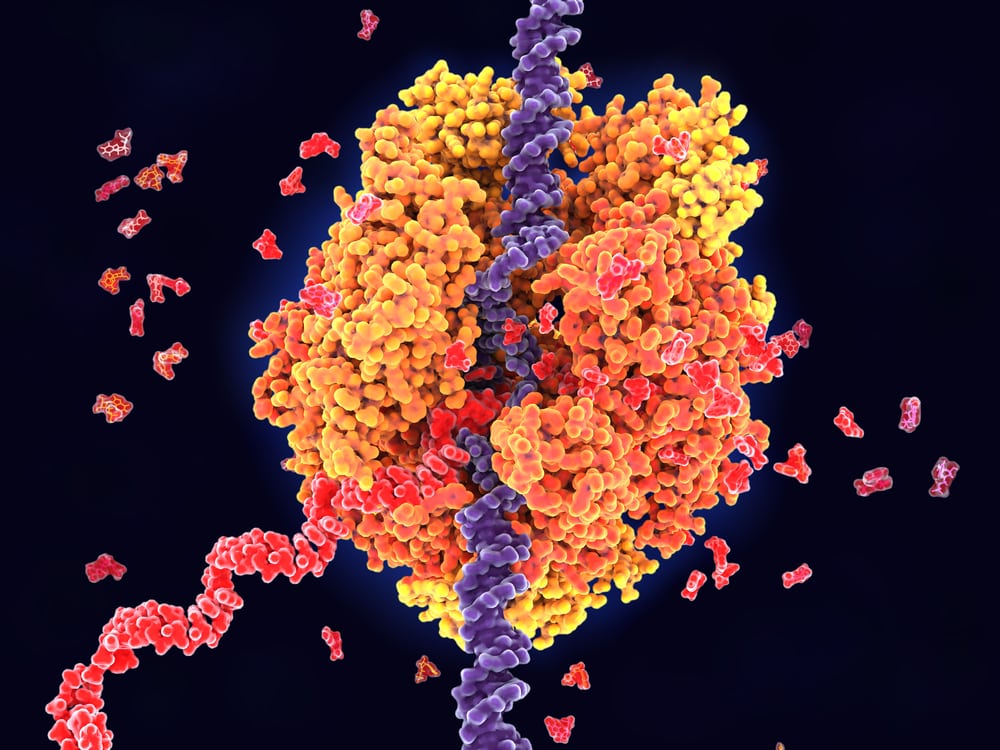As part of a research partnership aimed at improving the delivery of nucleic acid-based therapies targeting nervous system diseases, American pharmaceutical company Eli Lilly and Company (Lilly) has secured exclusive rights to Canada-based Entos Pharmaceuticals’ Fusogenix delivery technology.
This technology represents a novel delivery platform for deploying Lilly’s therapeutics. Nucleic acid-based therapies include those that use gene replacement, DNA editing, miRNA, RNAi and CRISPR to treat disease. They depend on successful delivery of the therapeutic payload: getting the right dose to the right location for the right amount of time — without significant toxicity. This has been a challenge for the industry, one that Lilly hopes to overcome with the Entos technology.
“Nucleic acid-based therapies hold great promise in addressing the biologic cause of many serious diseases that have significant unmet medical need,” explained Andrew Adams, vice president, Lilly Genetic Medicine, in a January press release. “Overcoming barriers to the safe and effective delivery of such therapies to specific target cells is essential to realizing their potential. We look forward to working with Entos as part of our efforts to overcome this challenge and develop potential new therapies that may improve patient outcomes.”
A FAST Vehicle
Entos’ technology — the Fusogenix proteolipid vehicle (PLV) — is designed to facilitate the delivery of nucleic acids, intact and unmodified, directly into target cells. According to the Entos website, PLVs are formulated with fusion-associated small transmembrane (FAST) proteins along with neutral lipids for improved tolerability. Entos describes the mechanism as direct fusion, when the FAST protein catalyzes rapid lipid mixing between the Fusogenix PLV and target cell plasma membrane. The PLV payload is delivered directly into the cytoplasm, bypassing the endolytic pathway.
Thus far, gene therapy clinical trials using cationic/ionizable lipid nanoparticle platforms have been disappointing due to high toxicity and an inability to target organs other than the liver. The idea is that, with better tolerability, the Fusogenix PLV can be used to deploy nucleic acid medicines throughout the body with repeated doses as needed. Because the Entos PLV doesn’t trigger an immune response, it can potentially be used for long-term treatment – something that has eluded many in clinical trials and limited the potential of gene therapeutics.
Under the agreement, the companies will collaborate on multiple programs aimed at using PLVs to deliver Lilly therapeutics against central and nervous system disease targets, although specific targets have yet to be announced. Entos will generate, develop and optimize the PLVs, and Lilly will select which candidates to pursue for clinical development and commercialization.
Lilly paid Entos $50 million up front, partly as an equity investment. Entos could earn up to $400 million in developmental and commercial milestone payments for each of the programs covered under the collaboration agreement.
PLV Joins Growing Delivery Fleet
Lilly is trying to tackle the nucleic acid-based therapy delivery problem from multiple angles and, as a result, has several drug candidates in the pipeline targeting various neurodegenerative diseases. Their efforts include:
- A partnership with MiNA Therapeutics to develop candidates using small activating RNA technology and a liposomal delivery platform.
- An acquisition of the biotech company Prevail Therapeutics, which has AAV-based gene therapy programs aimed at Parkinson’s disease and Type 2 Gaucher disease.
- A license agreement with Precision BioSciences to develop a potential therapy for Duchenne muscular dystrophy using its genome-editing platform.
- A partnership with ProQR Therapeutics to develop its neuroscience-focused RNA base editing technology.
As Lilly and others continue to pursue novel genetic medicines, deals like the one with Entos show that the delivery vehicle will be key to their success. Entos founder and CEO John Lewis expressed his team’s excitement and noted that, “[We] believe our collaboration with Lilly is an important validation of the potential value of our expertise and technology platform.”
Did you enjoy this blog post? Check out our other blog posts as well as related topics on our Webinar page.
QPS is a GLP- and GCP-compliant contract research organization (CRO) delivering the highest grade of discovery, preclinical and clinical drug research development services. Since 1995, it has grown from a tiny bioanalysis shop to a full-service CRO with 1,100+ employees in the U.S., Europe and Asia. Today, QPS offers expanded pharmaceutical contract R&D services with special expertise in neuropharmacology, DMPK, toxicology, bioanalysis, translational medicine and clinical development. An award-winning leader focused on bioanalytics and clinical trials, QPS is known for proven quality standards, technical expertise, a flexible approach to research, client satisfaction and turnkey laboratories and facilities. Through continual enhancements in capacities and resources, QPS stands tall in its commitment to delivering superior quality, skilled performance and trusted service to its valued customers. For more information, visit www.qps.com or email [email protected].






